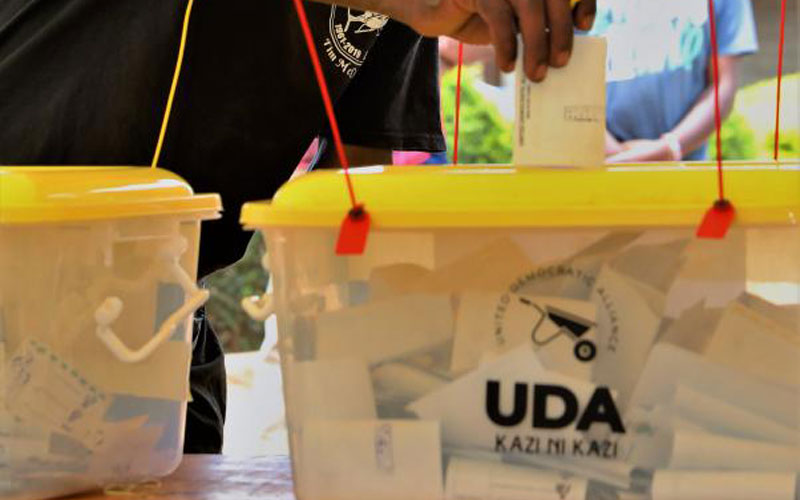
The cardinal role of party primaries is to accord party members, the majority of whom are citizens, a chance to vote for a candidate they want to represent them. However, in the just-concluded party primaries, a large chunk of politicians given certificates are loyal to the party and party leaders; and as some losers claimed, names of “relatives and girlfriends of senior politicians” were forwarded to the Independent Electoral and Boundaries Commission.
Initially, this article was structured to argue that politicians that wananchi rejected in party nominations aren’t fit for State jobs. However, I realised that my political p-value (argument for the hypothesis) was null and void along the way because, in the first place, mwananchi had no place in the party primaries. I, therefore, twirled the view to fit the political heaven’s strong evidence against the view.